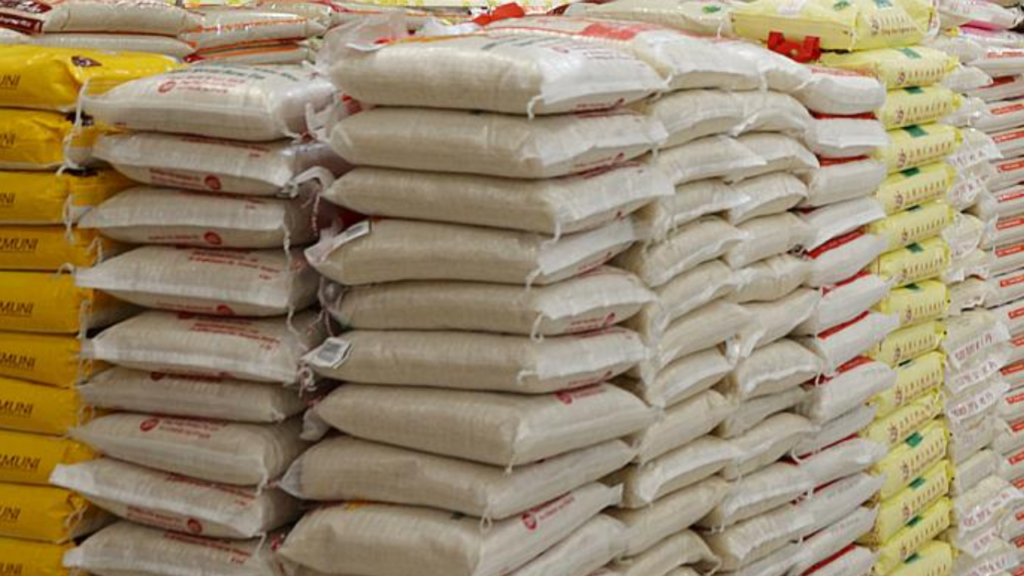
The cost of one kilogram of local rice in Nigeria has soared by 73.2% over the past 12 months, driven by factors such as high production costs and transportation expenses. This surge comes despite the Central Bank of Nigeria’s multi-billion naira funding to boost the rice value chain, aiming to increase production and reduce reliance on imported rice.
Despite being a staple food in Nigeria, the price of rice has witnessed a significant increase, reaching between N55,000 and N60,000 for a 50kg bag, depending on the location of purchase. According to data from the National Bureau of Statistics (NBS), the average price of 1kg of local rice rose from N500.80 to N867.20 between November 2022 and November 2023.
Comparatively, the price of 1kg of foreign imported rice increased by 61.53% during the same period, from N704.13 to N1,137. Lagos State recorded the highest price for local rice at N1,122.42, despite the presence of the 32-tonne per hour Lagos Rice Mill in Imota. Kebbi State had the lowest price at N688.
The National President of the All Farmers Association of Nigeria, Kabir Ibrahim, attributed the high local rice prices to inflation, increased production costs, logistics, packaging, and labor expenses. However, he disputed the figures provided by the NBS, claiming they are unrealistic and not market-based.
In response to the rising prices, Kabir emphasized the impact of factors like transportation costs, power supply for milling, and the removal of fuel subsidies. He also stressed the regional variation in market prices, urging consideration of real markets rather than artificial ones for accurate assessments.
Despite the challenges, Kabir acknowledged the efforts of the past administration in investing heavily in rice production, leading to a reduction in rice imports. However, he cautioned against relying solely on certain cities like Lagos, Abuja, and Port-Harcourt for pricing benchmarks.
In related news, a joint report by the Food and Agricultural Organisation, World Food Program, and others predicts increased prices of staple foods such as rice, maize, millet, and cereals in Nigeria and other West African countries in 2024.






Be First to Comment